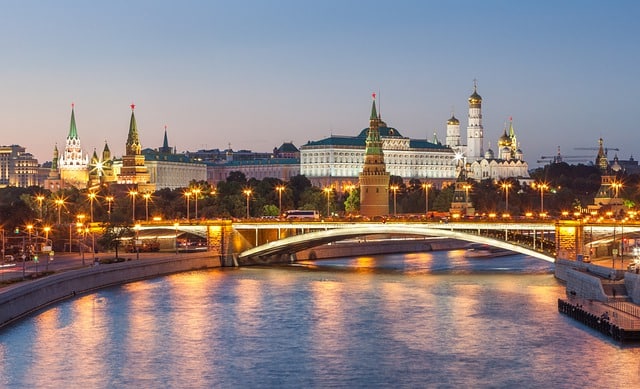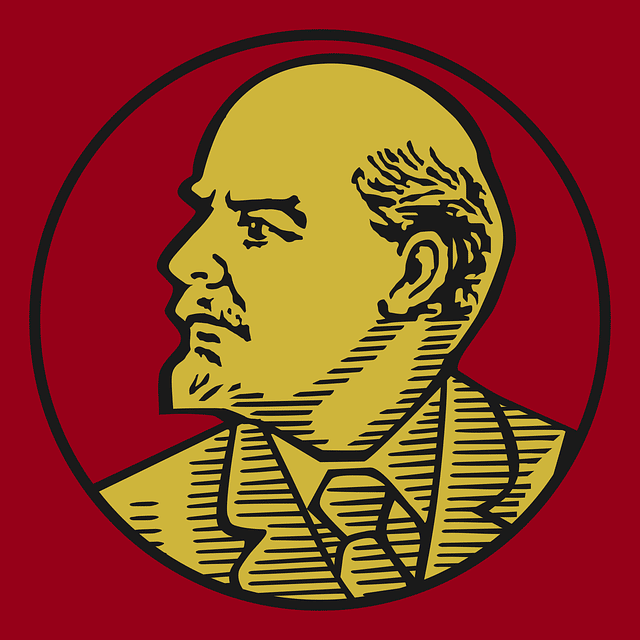
The Mensheviks were part of the Social Democratic Labor Party.
Menshevik is a term that comes from the French menchevik , in turn derived from the Russian word men»shevik which can be translated as «one of the minority» . It is an adjective that allows one to describe someone who was part of the minority group of the Social Democratic Labor Party of Russia ( RSDP ).
Historical context
It is impossible to understand the notion of Menshevik without knowing the historical context in which it was coined. The RSDLP was born in 1898 with the first meeting of Marxist organizations (that is, those that followed a doctrine based on the postulates of Karl Marx ).
In 1903 there was a second congress where theoretical and practical issues were discussed. The differences between the factions marked the birth of two groups: the members of the majority (the Bolsheviks , led by Vladimir Lenin ) and the members of the minority (the Mensheviks , with Yuli Martov as the highest leader).
Between 1903 and 1912 , the Mensheviks - like the Bolsheviks - constituted a group within the RSDLP . From that year onwards, they formed a separate political party which was finally dissolved in 1918 .
The soviets
Before continuing, we must define a concept that is closely related to that of Menshevik: soviet . This term, which can also be written without an accent ( soviet ), refers to the political organizations and government bodies that, whether related or not to the Russian Revolution , belonged to the Russian Empire and were the basis of the name Soviet Union . It was the fundamental form of government in the Soviet Federative Socialist Republic , which is known by the acronym RSFS .
The Mensheviks had an active participation in the Saint Petersburg Soviet and other soviets within the framework of the 1905 Revolution . When the revolt did not prosper, they chose to put aside the armed struggle and began to promote a progressive exit from the tsarist regime.
In 1917 , between the February Revolution and the one that took place in October , the Mensheviks controlled the majority of the soviets, although they did not manage to direct those of Moscow and Petrograd . In those troubled times they tried to impose a moderate position and collaborated with the provisional government that was in force after the tsar's abdication and until the Bolsheviks took power .
Proscription
Throughout the first half of March 1921, the so-called Kronstadt Rebellion took place in the eponymous naval fortress on Kotlin Island. It was an attempted uprising by Soviet sailors to confront the Government of the aforementioned Russian SFSR. It is worth mentioning that it was the last on a large scale throughout the civil war. Its motivation was the discontent of the people , which at that time had also expressed itself through the protests that the workers had carried out in the city of Petrograd.

If the Mensheviks had supported Lenin's proposal, they would have prevented the imposition of socialism.
After this uprising, the Menshevik party was exiled. The prestige of the Government was threatened by the possibility that its defenders approved the so-called New Economic Policy , which Lenin had proposed and which had been voted on at the Tenth Congress of the Communist Party; If the Mensheviks proceeded in this way, they could prevent the Government from adopting socialism completely and demand that it instead allow capitalism to a certain degree.
Some of the members of the Menshevik party left the country and began to participate in the writing of The Socialist Messenger , a newspaper created by the socialist revolutionary Yuli Martov . The last issue of this publication was issued in 1965. A large part of the exiles went to Berlin, although when Hitler assumed power they traveled to Paris and, at the beginning of 1940, they emigrated to the United States.
